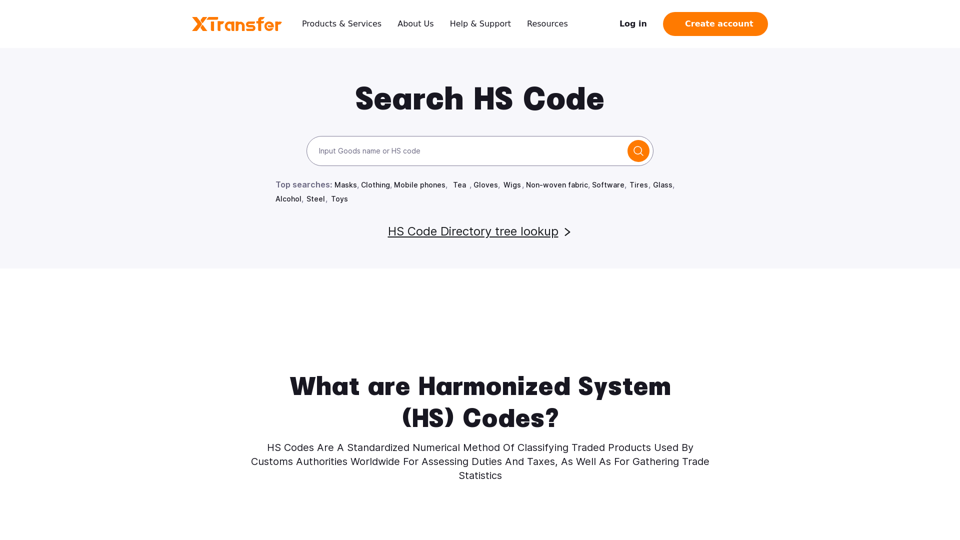What are Harmonized System (HS) Codes?
HS codes are a standardized numerical method of classifying traded products used by customs authorities worldwide for assessing duties and taxes, as well as for gathering trade statistics.
Features of Harmonized System (HS) Codes
HS codes are used to classify goods for shipment to a foreign country, report shipments in the Automated Export System (AES), complete shipping documentation, determine import tariff rates, conduct market research, and comply with U.S. law.
How to Use Harmonized System (HS) Codes
To use HS codes, you need to classify your goods into sections, chapters, headings, and subheadings, with each pair of digits representing a more specific category. The World Customs Organization (WCO) administers the HS codes, which are updated every five years.
Price of Harmonized System (HS) Codes
There is no direct cost associated with using HS codes, as they are a standardized system used by customs authorities worldwide. However, accurate HS coding is crucial for legal compliance, as incorrect codes can lead to penalties, improper tariffs, and increased costs for importers.
Helpful Tips for Harmonized System (HS) Codes
- Ensure accurate HS coding to avoid penalties and improper tariffs.
- Use the correct HS code to determine import tariff rates and comply with U.S. law.
- Update your HS codes every five years to reflect changes in the classification system.
Frequently Asked Questions
- What are Harmonized System (HS) Codes? HS codes are a standardized numerical method of classifying traded products used by customs authorities worldwide for assessing duties and taxes, as well as for gathering trade statistics.
- Who Administers the HS Codes? The World Customs Organization (WCO) administers the HS codes, which are updated every five years.
- How Are HS Codes Used in International Trade? HS codes are used to classify goods for shipment to a foreign country, report shipments in the Automated Export System (AES), complete shipping documentation, determine import tariff rates, conduct market research, and comply with U.S. law.
